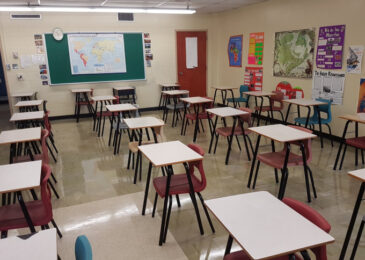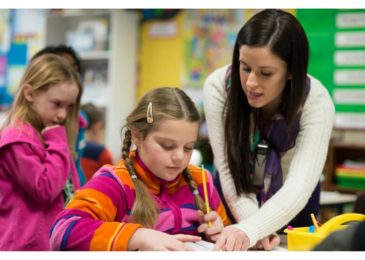Back to school in a pandemic – Safety means smaller classes
School has started, but it’s not too late for governments to listen to the experts (teachers, medical professionals, parents) and make plans to transition to smaller classes now before a second wave hits us and forces us to shut down schools entirely, writes Molly Hurd.







